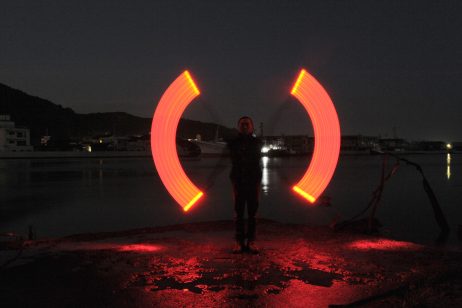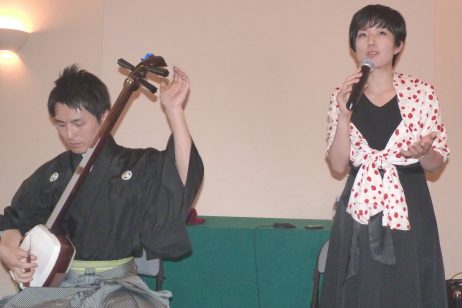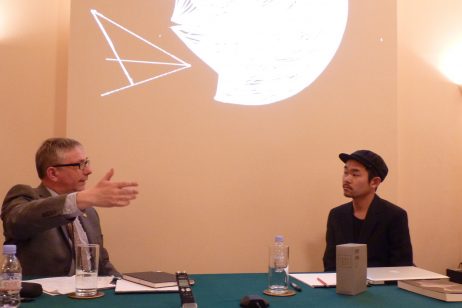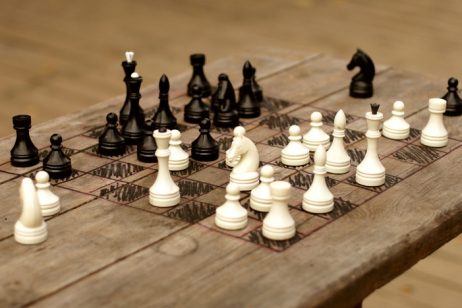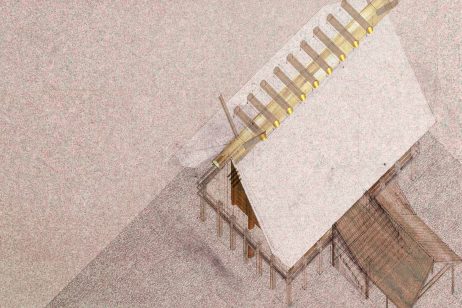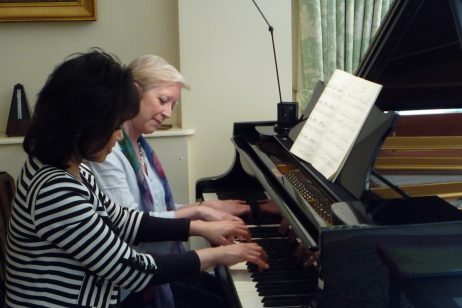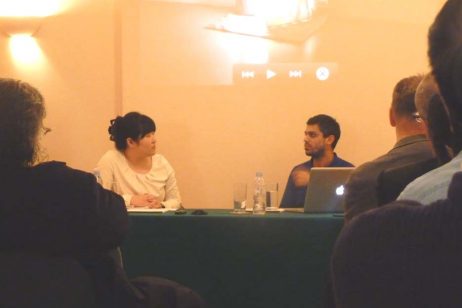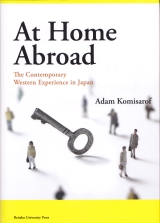30 May 2013
Butoh Through the Lens
This film screening and talk, which introduced short films about Butoh dance and was presented by Florencia Guerberof, performer and founder of Asian Performing Arts UK. Firstly, she showed her own film recordings ‘Impressions’ featuring Yoshito Ono and ‘Duration’ which reflect her own impressions during her research on Butoh dance in Japan during 2009. The screening continued with the documentary ‘Still Move’ by Marieke Schroeder. The film portrays Japanese dancer and choreographer Saburo Teshigawara who creates a fusion of Butoh principles and postmodern elements. This event aimed to portray a different side of Butoh dance.
More info

